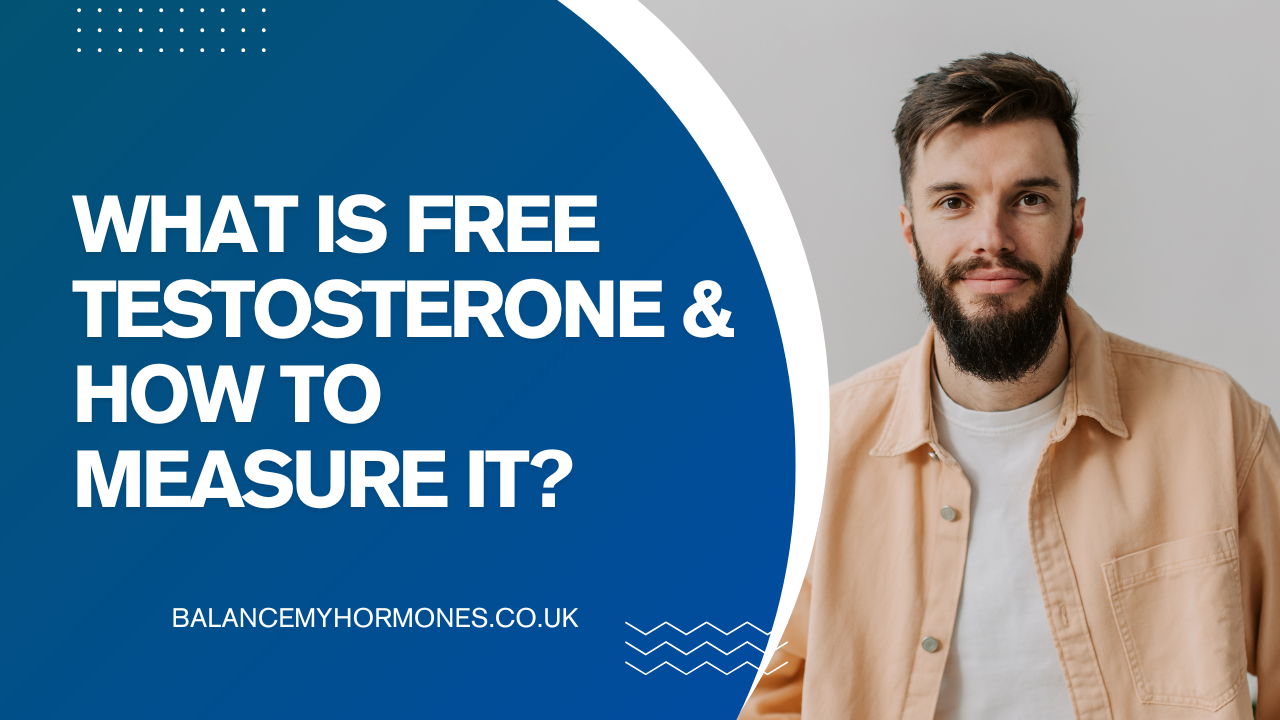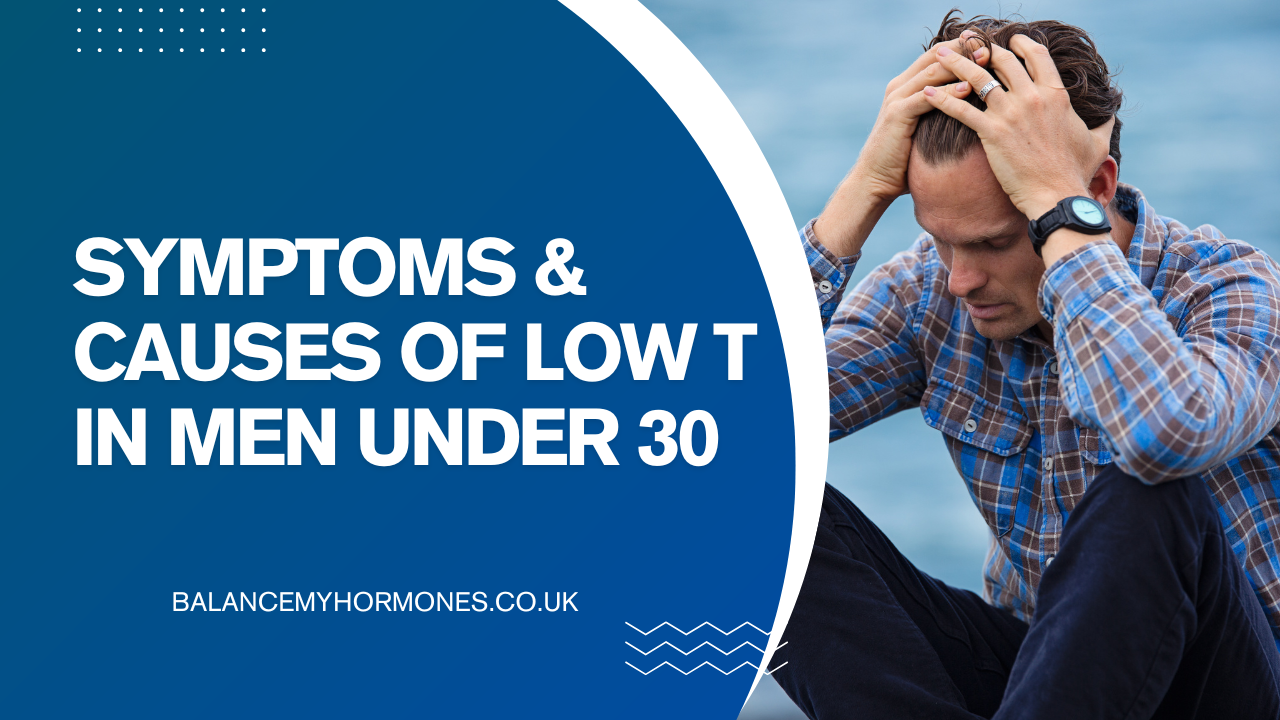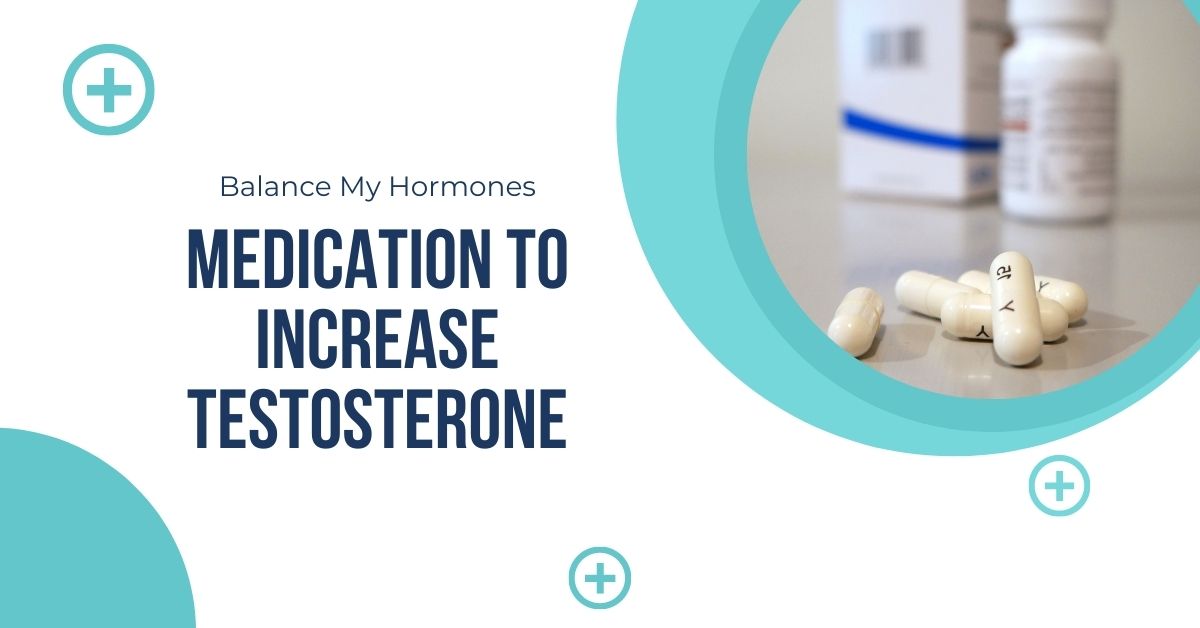
By Mike Kocsis | 7 minutes read | Last updated: June 13, 2025 Categories: Hormone imbalance Testosterone
Medically Reviewed by Dr. George Touliatos
Endocrinologists are healthcare providers who diagnose, treat and manage hormone-related issues.
Hormones are chemical messengers that control numerous processes. They are produced in a specific amount. If you have more or less than the required healthy amount of a hormone, it can lead to various health issues.
Endocrinologists specialise in identifying and addressing these imbalances. They analyse symptoms, conduct tests and provide treatments to restore hormone balance.
Endocrinologist definition: What is an endocrinologist?
An endocrinologist is a medical doctor who specialises in glands in the body and the hormones that those glands produce.
There are more than 50 hormones in the human body. Endocrinologists understand how they work and then help to maintain their levels in the body.
These specialists focus on conditions such as male hypogonadism, diabetes, thyroid disorders, growth abnormalities, and adrenal problems, among others.
An endocrinologist is not limited to just working with either children or adults. Most of the time, they will work with both adults and children.
However, an endocrinologist can specialise in working with children and endocrine disorders. When endocrinologists specialise in working with children, they are often described as paediatric endocrinologists.
What do endocrinologists do?
Endocrinologists have many roles and responsibilities. Some of these are:
- Checking your symptoms to diagnose a hormonal imbalance.
- Recommending blood tests and imaging tests to check the condition of your endocrine gland.
- Interpreting test results and identifying the underlying cause of hormonal imbalance.
- Suggesting treatment plans like hormone replacement therapy, etc., based on your symptoms, test results and health condition.
- Prescribing medication when necessary.
- Managing and monitoring treatments to make sure you get the best possible outcome.
What do endocrinologists specialise in?
Since endocrinologists deal with hormones, their range of treatments can span many different conditions.
Here are some of the most common areas that endocrinologists have to deal with in their everyday job and functions:
Adrenal glands
Adrenal glands are present on top of the kidneys in the human body. They are responsible for the production of the adrenaline hormone.
Because they regulate this hormone, they have a hand in regulating blood pressure, metabolism, stress response, and sex hormones.
When adrenal glands are not functioning properly, it can lead to various health problems, such as high or low blood pressure, fatigue, weight gain or loss, and even mood disorders.
Endocrine conditions like Addison’s disease and Cushing’s syndrome are examples of disorders that result from adrenal gland dysfunction.
Bone metabolism
Bone metabolism is another very common problem area for many individuals, especially in elderly adults. This includes conditions such as osteoporosis, which is an issue stemming from hormones, glands, and metabolism.
Hypothalamus
The hypothalamus is a part of the brain that has a primary role in regulating temperature, hunger, and thirst.
It produces a variety of hormones including growth hormone-releasing hormone, corticotropin-releasing hormone and dopamine. Any issue with the hypothalamus can result in a hormonal imbalance.
Pancreas
The pancreas is a gland located in the abdomen. It produces hormones like insulin and somatostatin.
Diabetes and other health issues can occur if your pancreas is not functioning properly.
If your body produces too much insulin, you could develop hypoglycaemia.
On the other hand, if you have too little insulin, your blood sugar levels can be abnormally high, and you can have hyperglycemia.
Parathyroids
These are small glands in the neck that produce parathyroid hormone. This hormone helps control the level of calcium and phosphate in the blood. When out of balance, they can cause a number of health issues.
Pituitary gland
The pituitary gland is found in the brain, attached to the hypothalamus. It is also known as the endocrine master gland because its hormones control other glands.
The pituitary gland produces several hormones such as follicle-stimulating hormone (FSH), luteinizing hormone and growth hormone.
They are involved in various bodily functions including growth, reproduction, metabolism and stress response.
Ovaries and testicles
Ovaries are female gonads that secrete oestrogen, testosterone and other hormones. This way, they impact sexual development, puberty, pregnancy and other similar roles.
Testicles are male gonads that produce testosterone (male sex hormone). They are involved in reproductive functions like sexual development, sexual behaviour, libido and fertility.
Having too much or too little of these hormones can cause fertility issues and reproduction-related problems.
Thyroid
The thyroid gland produces two thyroid hormones named thyroxine (T4) and triiodothyronine (T3).
It regulates many body functions, mainly metabolism, body temperature and blood pressure.
What conditions do endocrinologists treat/diagnose?
Endocrinologists diagnose and treat many hormone-related health conditions, including, but not limited to:
- Hypogonadism or low testosterone
- Diabetes
- Thyroid disorders
- Osteoporosis
- Adrenal gland disorders
- Growth and development disorders
- Sexual development and reproduction-related conditions
- Polycystic ovary syndrome (PCOS)
- Pituitary gland disorders
Do endocrinologists treat low testosterone?
Yes, endocrinologists treat testosterone deficiency in men.
Low testosterone affects millions of men annually. While many people think testosterone is only involved in sexual function, the hormone controls many other bodily functions.
If your testosterone levels are below normal, you may experience related symptoms.
Here are the most common symptoms of low testosterone that you should discuss with your healthcare provider if you are experiencing them:
Fatigue
You may feel low in energy even after getting enough quality sleep.
Sexual function
Testosterone controls various sexual functions, including sex drive, fertility, etc. Having low testosterone can result in poor sexual health.
Muscle mass
Testosterone contributes greatly to gaining and maintaining muscle mass. If you are having trouble gaining or maintaining muscle mass, it could be a side effect of low testosterone.
Bone density
Low testosterone can lower your bone mineral density which may result in osteoporosis or more frequent fractures.
Depression
Testosterone is not only important from a physical standpoint but from an emotional and mental one as well. When it is out of balance or low, it can cause mental health issues and even contribute to depression.
Do endocrinologists in the UK treat diabetes?
One of the most common health conditions that endocrinologists deal with on a daily basis is diabetes.
If you have been diagnosed with diabetes or have suspicions, then you may be wondering if now is a good time to see an endocrinologist for diabetes.
Here are some circumstances in which you might want to see an endocrinologist for diabetes:
- You have just been diagnosed with diabetes and want to learn more about managing diabetes
- You don’t know how to treat diabetes and you need guidance
- You use a lot of shots for treatments or use an insulin pump in your treatments
- Your diabetes is becoming more difficult to treat and manage or you are questioning the effectiveness of your diabetes treatment
- You are having health complications with your diabetes and associated treatments
An endocrinologist can provide you with the guidance, advice, and knowledge you need to address many of these issues and increase your quality of daily life.
What do we think about using endocrinologists to treat low testosterone?
Despite having low testosterone symptoms, an endocrinologist may dismiss them and leave you to suffer with low testosterone because it doesn’t fit their perfect textbook case.
They may string you along for months, if not years, only to be told that they will not treat your low testosterone case.
We have seen cases of endocrinologists not understanding the true nature of testosterone deficiency and taking a one-size-fits-all approach if treatment is prescribed at all.
One recent report from a GP is truly shocking. This GP was co-managing a patient and was sent a letter from the endocrinologist to stop the patient’s testosterone therapy injections because, after being on TRT for 3 months, the patient had undetectable levels of gonadotropins (LH and FSH) and therefore was over-medicated and should stop the testosterone injections immediately.
This type of ignorance from someone who is considered the “expert” in all things endocrinology is evidence to avoid their approach to TRT.
When to see an endocrinologist?
If you are experiencing hormone imbalance symptoms, you should visit your primary care physician or regular doctor to help diagnose the underlying problem.
They will do a proper analysis and then tell you what the underlying cause is.
Most regular doctors are able to treat endocrine system problems. But if you want a hormone specialist to treat your problem, you should visit an endocrinologist.
They will explain why you have hormone-related problems and then provide the best possible solutions, such as medications, lifestyle changes and hormone therapies.
What are the reasons to see an endocrinologist?
If you already have a diagnosis, but:
- Your symptoms are not improving
- Medications are not producing the desired outcome
- You want a second opinion
Then you should see an endocrinologist for proper diagnosis and a suitable treatment plan.
What to expect at the endocrinologist?
When you visit an endocrinologist, they first ask you basic questions like what symptoms you have, your family history of hormone problems, etc.
They may also do a physical examination if your symptoms are apparent and are relevant for hormone evaluation.
Endocrinologists may then ask you to have a few lab tests done to determine your hormone levels and the cause of the problem.
Once test results are available, they will discuss what is causing your symptoms and how you can get rid of them with an effective method.
Follow-up visits may be needed to adjust your medications, track symptoms and monitor lab values.
Endocrinologist training
Endocrinologists are highly trained and highly qualified individuals who have to go through rigorous training and education before they can treat patients.
To become an endocrinologist, they must complete a certification exam for their speciality.
Endocrinologists typically go to college for 4 years, followed by 4 more years of medical school. After that, they must complete a residency at a hospital for 3 years. This is designed to help them get experience treating people with a variety of conditions and sets of circumstances.
In total, endocrinologists will spend around 10 years learning before they are completely done with training.
Where do endocrinologists work?
Endocrinologists work in a variety of healthcare settings based on their specialisation and patient needs. Here is where you will typically find them:
- Public or private hospitals
- Private clinics
- Medical colleges
- Research centers
- Speciality endocrine or diabetes centres
- Telemedicine (online consultation)
Summing it up
Endocrinologists are healthcare professionals who treat hormone-related health problems. They analyse your medical history, conduct tests and then prescribe a suitable treatment based on the diagnosis.
If you are dealing with testosterone deficiency, visit an endocrinologist.
At Balance My Hormones, we also provide testosterone replacement therapy to men with low testosterone. Our experienced doctors understand each case carefully and design a customised TRT treatment plan based on your health goals and condition.
Contact us today for a FREE consultation!
References / Scientific Resources / Study Material
https://www.endocrinology.org/
https://www.rcpch.ac.uk/resources/paediatric-diabetes-endocrinology-sub-specialty
https://www.hormone.org/what-is-endocrinology
Evidence Based Research
This article has been researched and written based on scientific evidence and fact sheets that have then been crossed checked by our team of doctors and subject matter experts.
References, sources and studies used alongside our own in-house research have been cited below, most of which contain external clickable links to reviewed scientific paper that contain date stamped evidence.
Our team of healthcare experts and GMC registered doctors are licensed to UK GMC standards. We strive to provide you with the latest evidence based, researched articles that are unbiased, honest and provide you with accurate insights, statistics and helpful information on the discussed topic to ensure you gain a better understanding of the subject. You can read more about our Editorial Process by clicking here.
We value your feedback on our articles, if you have a well-researched paper you would like to share with us please contact us.
Quick Low Testosterone Test
If you know your total testosterone reading from a previous blood test input the results to the left above to see if your testosterone levels are normal.
Low Testosterone Levels
You may have low testosterone depending on the symptoms you have, please contact us to find out how we can help.
Please Retry
The Total Testosterone Level You Entered Is Incorrect. Figure Must be in nmol/L you can use our converter here.
Normal Testosterone Levels
Your testosterone levels appear to be in the normal range.
LOOKING GOOD!
You must be over 38, have had your ovaries removed or have suffered with premature menopause to warrant further hormone tests.
Further investigation needed
Please contact us to discuss your hormones, we need your total testosterone levels to validate your hormone deficiency. You can order a blood test here.
Low Testosterone Levels
You may have low testosterone depending on the symptoms you have, please contact us to find out how we can help.
High Testosterone Levels
You appear to have higher than normal testosterone levels, please contact us for further investigation.
Normal Testosterone Levels
You appear to have normal testosterone levels. Contact us if you have any concerns.
 Mike Kocsis has an MBA with a focus on healthcare administration and is an entrepreneur and medical case manager for Balance My Hormones which offers medical services in the UK and Europe. Mike has over 25 years of experience in the healthcare sector, much of that working with people who have hormone imbalances. Mike has appeared on
Mike Kocsis has an MBA with a focus on healthcare administration and is an entrepreneur and medical case manager for Balance My Hormones which offers medical services in the UK and Europe. Mike has over 25 years of experience in the healthcare sector, much of that working with people who have hormone imbalances. Mike has appeared on 

